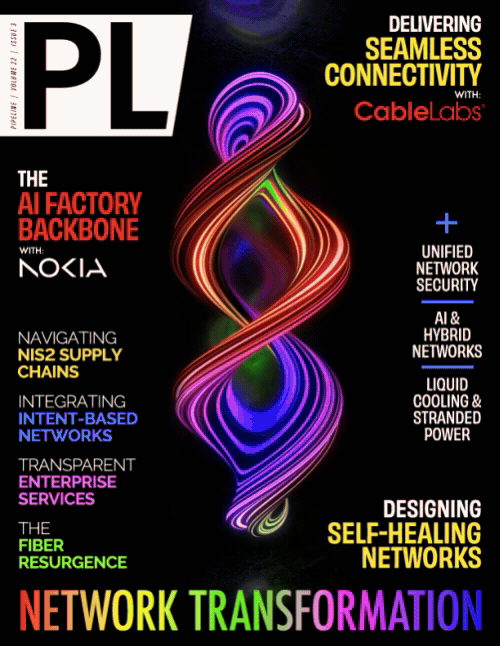Charter Predicts AI to Deliver $8B in Annual Cost SavingsCharter Predicts AI to Deliver $8B in Annual Cost SavingsCharter Communications CEO Chris Winfrey has made a bold prediction, stating that artificial intelligence integrations are set to reduce the company's annual service costs by an impressive $8 billion within the next 12 to 18 months.Most operators are now employing some form of AI for internal use cases. For Charter, CEO Chris Winfrey predicts that advanced AI integrations could substantially decrease its $8 billion annual service cost within the next year to 18 months. Speaking during a recent third-quarter earnings call, Winfrey highlighted Charter's existing application of AI across its customer service operations, including real-time call transcription and “conversational prompting” for AI agents. He further outlined plans to leverage AI as a valuable tool for the company’s back-office employees and software developers, anticipating “real and material” financial benefits. "The benefits are still probably 12 to 18 months away, but we believe the impact can be real and material," said Chris Winfrey, CEO, Charter. Charter CEO Chris Winfrey firmly believes that AI holds significant potential to reduce the company's $8 billion annual service costs within approximately a year. This optimistic outlook underscores a broader industry trend towards leveraging artificial intelligence for operational efficiencies and financial optimization. Verizon and AT&T are actively pursuing AI networking as a next-generation revenue driver. Verizon recently secured a substantial AWS deal, while AT&T is focusing on rapid turnup waves, both aiming to capitalize on the escalating demand for data center connectivity. Meanwhile, Lumen reports that "neoclouds" are increasingly fueling its enterprise growth, with CFO Chris Stansbury noting over $10 billion in Private Connectivity Fiber (PCF) contracts now incorporating these advanced cloud solutions. Sponsored by Nokia, the cable industry is undergoing a significant transformation as operators transition from Hybrid Fiber-Coaxial (HFC) networks to Fiber-to-the-Home (FTTH) networks. This shift necessitates innovative tools and technologies to maintain high levels of network observability and reliability, ensuring seamless service delivery in this new era of fiber-optic connectivity. A message from Ceragon: As 5G buildouts decelerate, mobile operators are redirecting their focus towards optimizing existing networks to maximize performance, efficiency, and ROI. This upcoming webinar will explore innovative strategies and technologies that enable operators to unlock hidden capacity, improve network resilience, and deliver superior customer experiences—all without costly infrastructure expansion. Registration is open for the event on Wednesday, November 12, 2025. Cisco has introduced an "easy button" solution for edge compute deployments, addressing the industry's historical neglect in simplifying edge operations, as noted by Cisco's Jeremy Foster. Separately, Celona CEO Rajeev Shah discussed evolving business trends in the private 5G market, including concepts like digital oases, onshoring, and the emergence of humanoid robots. In a legal development, AT&T has filed a lawsuit against an advertising watchdog concerning its ads targeting T-Mobile, citing First Amendment considerations. The Five Nine podcast features Ookla’s Sue Marek and Joe Madden from Mobile Experts discussing Starlink's growing influence in the broadband market and its implications for the future of connectivity. Another episode explores the concept of "telecom taking a quantum leap," with Fierce’s Masha Abarinova interviewing representatives from Orange Business and Qunnect to demystify quantum technology's impact on telcos. Source: Charter media announcement | |

















